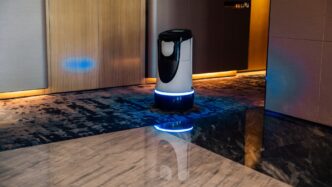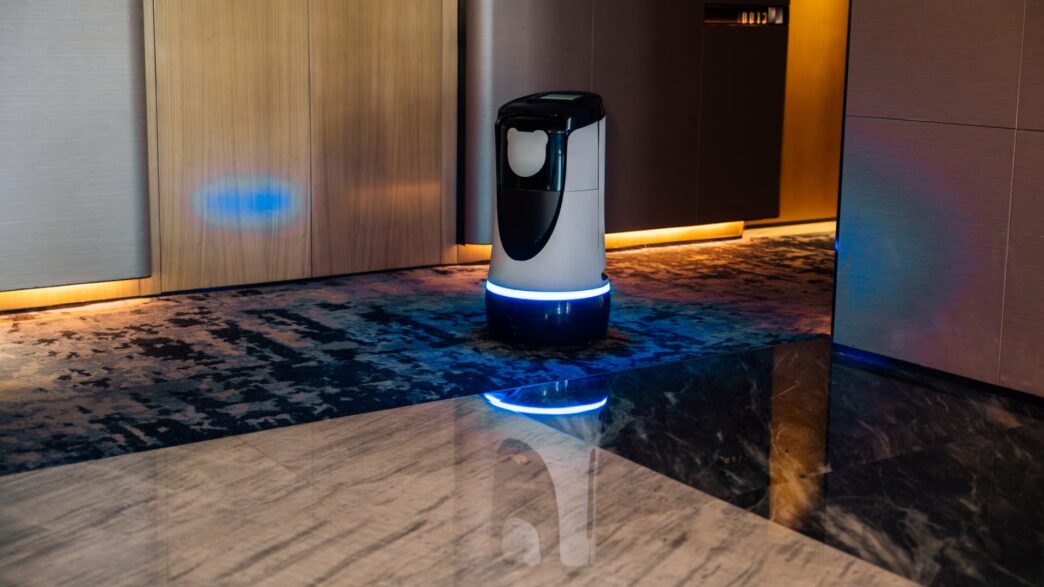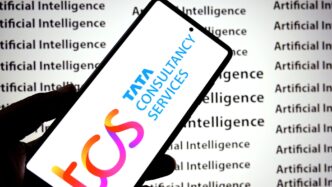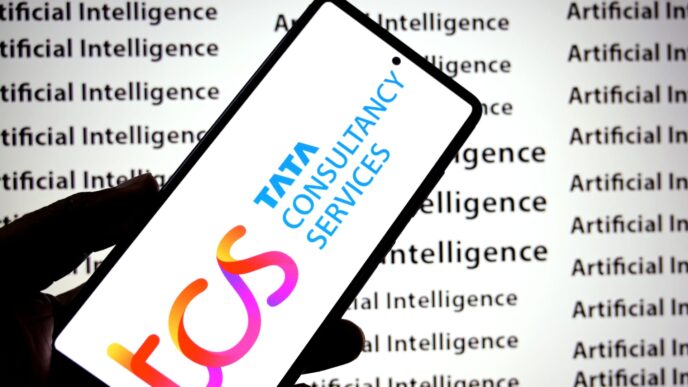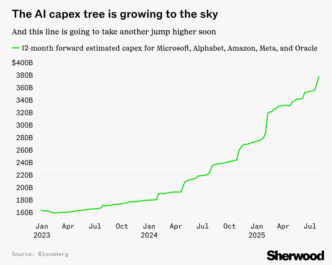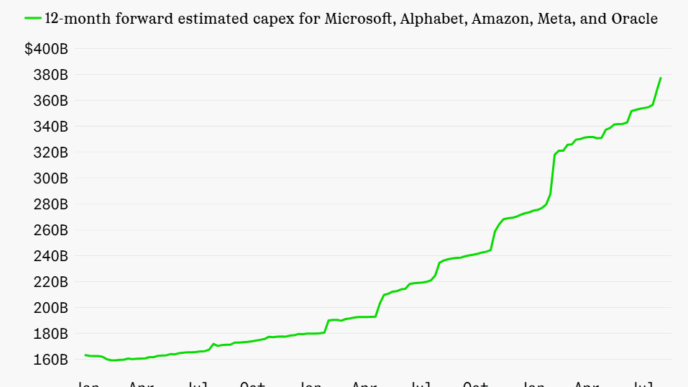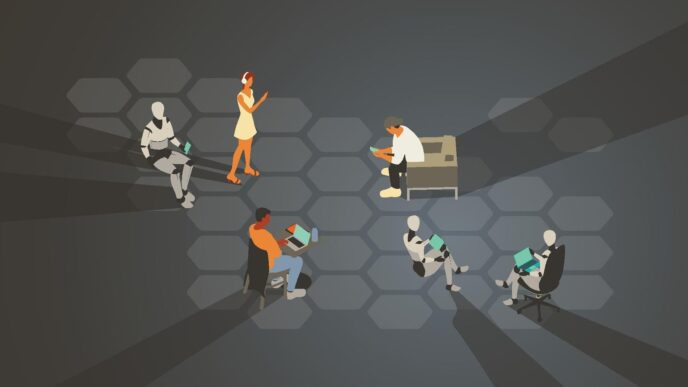Hertz is rolling out AI to scan rental cars for damage—and it’s already rewriting the rules on customer charges. The system detects scratches and dents with digital precision, then bills renters automatically.
The launch follows a New York Times report exposing the rise of AI in the travel industry, targeting “previously overlooked inefficiencies or losses,” according to Wake Forest’s Shannon McKeen.
This isn’t just about cars. Hotels are next. AI sensors sniff out smoke violations or spot maintenance issues—sometimes triggering false alarms. But unlike Hertz, hotels still rely on humans to handle final billing.
Hertz says automated checks bring fairness and clarity, cutting confusion from manual inspections. Over 500,000 rentals scanned, with damage found in fewer than 3%. But they admit the tech is a work in progress.
“For years, vehicle damage inspections have caused confusion and frustration. The process was manual, subjective, and inconsistent, and that isn’t good enough for our customers or our business,” a Hertz spokeswoman said.
“With digital vehicle inspections, Hertz is introducing much-needed precision, objectivity, and transparency to the process – giving our customers greater confidence that they won’t be charged for damage that didn’t occur during their rental, and a more efficient resolution process when damage does occur.”
“We know change of this scale takes time, and we’re listening, learning, and improving every day. As we said from the start, our goal through this initiative is to enhance the safety, quality, and reliability of our fleet and to create a more consistent rental experience for our customers.”
The risk: customers feeling nickel-and-dimed by an unfeeling machine rather than a human. Hotel tech expert Jordan Hollander warns AI mistakes could spark backlash—like false fines for smoke triggered by aerosol sprays or hairdryers.
“There’s a risk of backlash if hotels start billing guests based solely on what an algorithm says. The moment a guest gets a charge and can’t get a straight answer about why or how it was verified, you’re in dangerous territory,” Hollander said.
“If guests feel like they’re being watched or nickel-and-dimed by a machine, it undermines the relationship completely.”
The bigger picture: AI is winning at pattern recognition but struggles with the subtle judgments that folks rely on for fairness. McKeen calls this the rise of “algorithmic auditing,” shifting human discretion to machine diktats.
“The implementation of these systems reveals a fundamental tension between operational efficiency and customer satisfaction and equity,” McKeen said.
“What makes these systems particularly problematic is the erosion of contextual judgment… When does a scuffed tire represent normal use versus chargeable damage?”
Consultants and academics warn smart deployment and transparency are crucial. Businesses must keep humans in the loop or risk alienating customers and staff.
“While the opportunity for AI is huge, organizations need to be thoughtful about embedding it as a copilot, not police or enforcer,” said Chuck Reynolds of L.E.K. Consulting.
“AI has to have customer-centricity built into its core.”
Hertz’s AI experiment is setting a template. Expect more industries—hotels, restaurants—to follow suit, where AI flags issues and even itemizes charges in real time.
But critics see it as a slippery slope to over-policing guests for every minor imperfection. Daniel Keller, CEO of Influx Technologies, calls it “absolute overkill” aimed at squeezing extra money from thin-margin service businesses.
The AI “machine says” era is here. Will customers buy in or push back? The next few years will show if AI damage scans become standard or just another headache.
